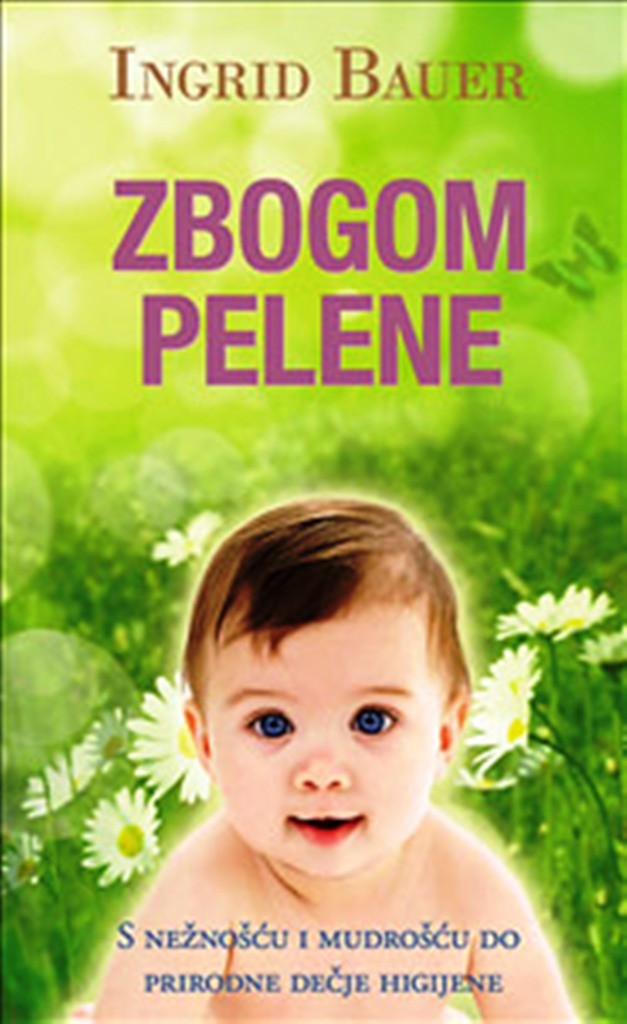

I was very excited about it as I had read in a letter to Mothering magazine (US) a few years earlier, that African women cue their babies to eliminate with a ‘psss’ sound, and I had begun to do this with Maia from birth. I first heard the phrase Elimination Communication when my fourth baby Maia Rose was 3 months old, and a friend pointed me towards an EC website. This ‘method’, which is so obvious in most cultures that it needs no name, involves the mother and baby becoming attuned and communicative so that the mother (and/or other caregivers) know when the baby needs to eliminate- pee or poo. Buckley 2005 Previously published in The Mother magazine, UK, issue number 3, autumn 2002Įlimination Communication (EC)- also known as Infant Potty Training (IPT), Elimination Timing (ET) and Natural Infant Hygiene- is how most babies are brought up around the world. I will be looking for more books on the subject, but unless you're playing the parenting game exactly as she does, this book might not be the one for you.Dr Sarah J. In addition, she slips some specious and un-cited facts about vaccination (another highly charged subject, again irrelevant to the subject of NIH) into the book.

She trumpets her advocacy of other aspects of attachment parenting in every aspect of this book, suggesting judgement where none need be, and setting up other parents for doubt and failure. Again, while there is nothing wrong for families who do make those choices, not everyone can do so.

While there's not a problem with any of these choices, she writes about NIH as if it is only going to work if you also make those choices. She is very pleased with her life: she lives on a farm (an ORGANIC farm, she's careful to tell us), made a special sling for her babies that allows her to wear them under her clothes, had a miraculous homebirth, is a strong proponent of the family bed, advocates extended breastfeeding. Unfortunately, she is an all-or-nothing attachment parent advocate and comes across as incredibly smug and judgemental. She makes an excellent argument for the feasibility of Natural Infant Hygiene, and gives useful information about "how to". I was fascinated by this book, but entirely put off by the author.


 0 kommentar(er)
0 kommentar(er)
